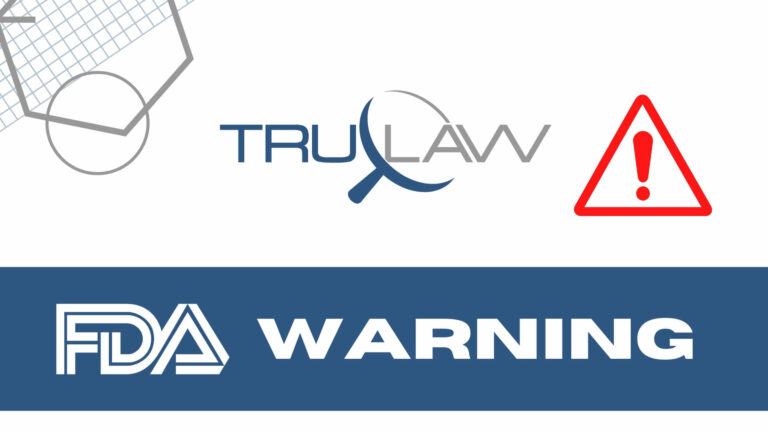
Last Thursday, the FDA issued a Drug Safety Communication to health care professionals and pharmacists regarding a potentially serious safety issue with the drug Ocaliva (obeticholic acid). The safety notice includes specific guidelines for prescribing the drug and monitoring safety in patients taking the drug.
Ocaliva (obeticholic acid) is typically prescribed to patients with primary biliary cholangitis (PBC), or liver disease, to lower their alkaline phosphatase (ALP). ALP is an enzyme that is mainly concentrated in the liver. According to Cleveland Clinic, “abnormal levels of ALP in your blood can reflect damage to tissue or disruption of normal bodily processes.” More specifically, a high ALP level can point towards liver damage or a bone disorder.
The FDA initially cleared Ocaliva (obeticholic acid) for “accelerated approval” after initial clinical trials demonstrated that the drug could lower ALP levels in patients with PBC. In May 2021, the FDA advised that Ocaliva is contraindicated for patients with advanced cirrhosis of the liver. Now, sufficient postmarket clinical data has been gathered to know that the drug can also increase the risk of serious liver injury in patients with PBC but without advanced cirrhosis of the liver. Specifically, the FDA determined that patients receiving Ocaliva are more likely to require a liver transplant or to die than patients taking a placebo. The risk is statistically significant.
Given the increased risks associated with taking Ocaliva, the FDA’s Drug Safety Communication outlines guidelines for both health care professionals and patients. First, the FDA advises health care professionals to monitor liver function regularly in patients taking Ocaliva and to discontinue the drug if tests show worsening liver disease. Additionally, doctors should speak with their patients about the signs and symptoms of worsening liver disease so that the drug can be stopped if necessary.
For patients, the FDA recommends a conversation with their prescribing doctor about possible alternative treatments and about the risks associated with continued use of Ocaliva. Patients who continue to take Ocaliva should watch for symptoms of worsening liver disease, such as distended abdomen, bloody or tarry stools, changes in personality or worsening communication skills, yellowing of the eyes or skin, or bloody sputum and/or vomit. Additional symptoms that could be of concern if prolonged include abdominal pain; weight loss; fatigue; fever; decreased urine output; nausea and vomiting; diarrhea; and feeling faint or weak. Patients should report any new symptoms to their doctor right away.
The FDA will continue to monitor the risks and benefits of Ocaliva and to communicate that data to the public.
Patients and health care providers can report any new adverse health events related to taking Ocaliva through the FDA’s MedWatch Online Voluntary Reporting Form.
If you or a loved one has suffered an injury or adverse health outcome linked to taking Ocaliva, we urge you to get in touch with our team. It’s vital that the liable parties be held accountable for their negligence to prevent the further distribution of dangerous drugs to customers in the United States. Our experienced attorneys at TruLaw are prepared to learn about your story and help you begin building a case for just compensation. Contact us today or try out our free Instant Case Evaluation ℠ to get started.